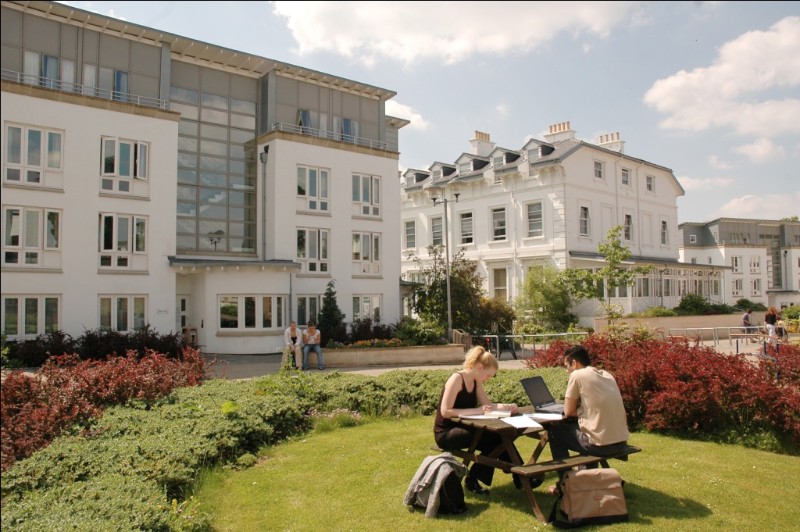The degree Read more [...]
Science Communication
Course Category: Master and Master of Science
-
Focus of Study
The MSc in Science Communication provides you with the advanced knowledge and skills required for employment that involves the communication of complex scientific facts and concepts. Our course has a special emphasis on biology, ecology and environmental issues but will cover other scientific disciplines and allow you to develop a strong set of transferable communication skills.
Course Description
You will follow a curriculum with a highly practical emphasis right from the start of your course. By working directly with partners, as well as independently in your own interest areas, you will develop as a science communicator with the skills and confidence to work in any of the increasing number of roles in science, conservation, ecology, environmental science, charities, broadcasting, attractions and businesses that require clear communication of science. Whether it is laying out a new zoo exhibit, writing a blog, pitching a magazine article, writing a podcast or radio script, developing an idea for TV, presenting to camera, running a Twitter feed, starting a citizen science project or talking with school children you will develop a portfolio of novel activities that evidence your skills to future employers. These activities, integrated into modules, will also enable you to develop mutually beneficial links with potential employers.
Not all your studies will be hands-on. You will examine the history and philosophy of science communication to understand its aims and limitations and how the field has developed over time. The role of broadcasting, citizen science, print and online media as well as the rise and potential of social media will be examined. You will also get to grips with the legal issues of science communication, especially when working with children. The course is underpinned by the nationally recognised practical expertise of the teaching team, led by a Professor of Science Communication with considerable experience including radio and TV broadcasting. The team are part of a strong empirical research group and you will have the opportunity to develop your own research into science communication through your dissertation work.
Careers
- Communication roles within scientific organisations, particularly ecological, environmental, conservation and research organisations
- Broadcast and social media related communication roles
- Careers within policy, education and business that require science communication skills.

